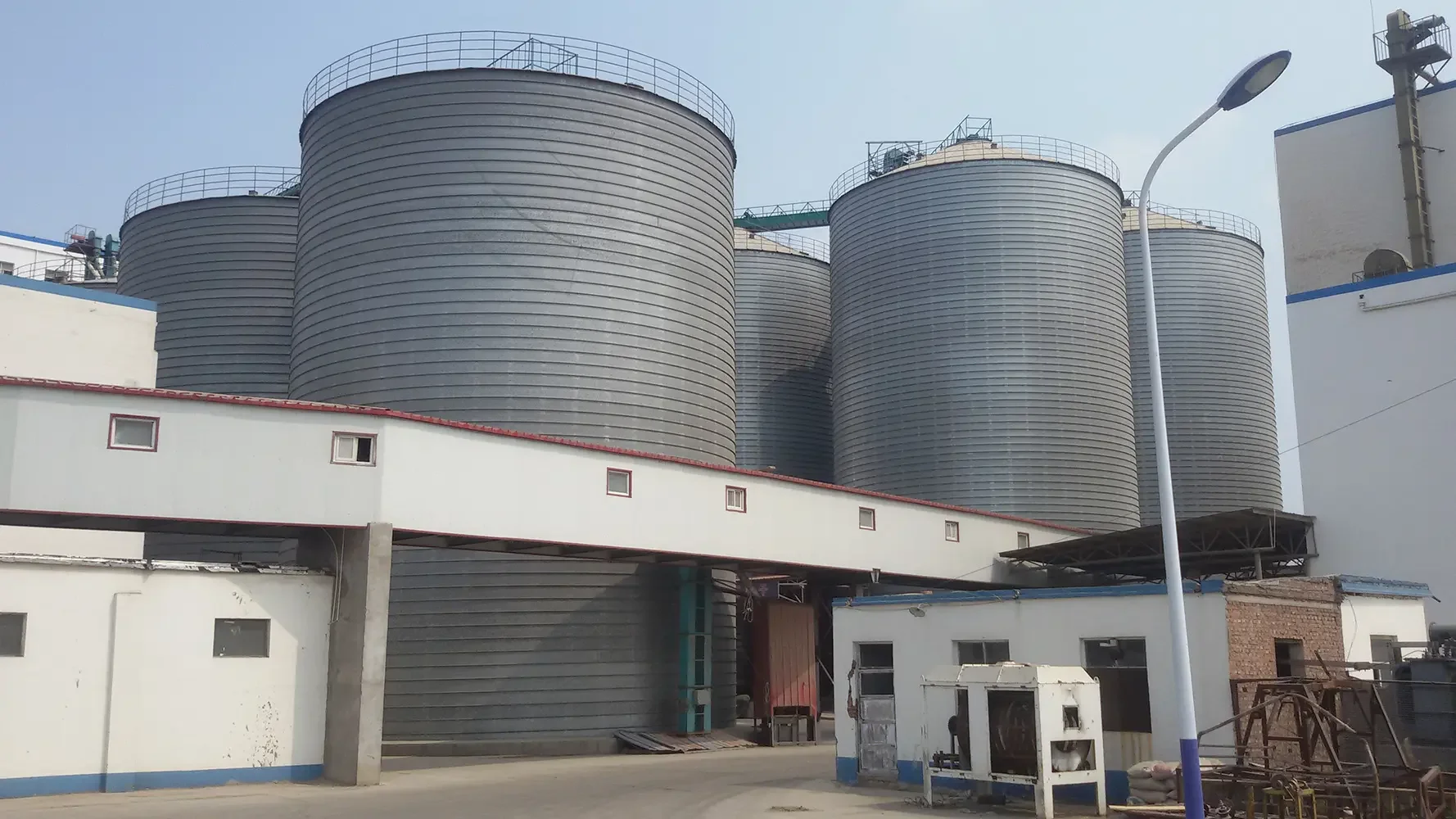In today's fast-paced world, Information and Communication Technology (ICT) plays a pivotal role in transforming various industries, and the transportation sector is no exception. From enhancing efficiency and safety to improving customer experience, ICT has revolutionized the way we travel and transport goods. In this blog post, we will delve into the diverse applications of ICT in transportation, exploring its impact on logistics, traffic management, vehicle connectivity, and more.
- Intelligent Traffic Management Systems:
ICT has enabled the development of intelligent traffic management systems, which utilize real-time data and advanced algorithms to optimize traffic flow. These systems monitor traffic patterns, predict congestion, and suggest alternative routes, reducing travel time and fuel consumption. Additionally, they facilitate the implementation of smart traffic signals that adapt to traffic conditions, further improving traffic efficiency. - Fleet Management and Logistics:
ICT has transformed fleet management and logistics operations, making them more streamlined and efficient. Advanced tracking and monitoring systems, coupled with GPS technology, enable real-time tracking of vehicles, optimizing route planning and ensuring timely deliveries. Moreover, ICT facilitates inventory management, demand forecasting, and supply chain optimization, reducing costs and enhancing overall productivity. - Intelligent Transportation Systems (ITS):
ICT has paved the way for the development of Intelligent Transportation Systems, which integrate various technologies to enhance safety, efficiency, and sustainability. These systems encompass features such as collision avoidance systems, automatic emergency braking, and adaptive cruise control, making transportation safer for both passengers and drivers. Additionally, ITS enables the implementation of smart parking systems, reducing congestion and enhancing parking space utilization. - Vehicle Connectivity and Autonomous Vehicles:
ICT has played a crucial role in the emergence of connected vehicles and autonomous driving. Through advanced sensors, communication systems, and data analytics, vehicles can now communicate with each other and with infrastructure, enabling cooperative driving and improving road safety. Furthermore, ICT has accelerated the development of autonomous vehicles, which have the potential to revolutionize transportation by reducing accidents, traffic congestion, and carbon emissions. - Passenger Experience and Mobility Services:
ICT has greatly enhanced the passenger experience by providing real-time travel information, personalized trip planning, and seamless ticketing systems. Mobile applications and digital platforms enable travelers to access information about routes, schedules, and delays, empowering them to make informed decisions. Moreover, ICT has facilitated the rise of ride-sharing services, carpooling platforms, and on-demand transportation, promoting sustainable mobility and reducing private vehicle usage.
Conclusion:
Information and Communication Technology (ICT) has become an indispensable tool in modernizing the transportation industry. From optimizing traffic management and improving logistics to enabling vehicle connectivity and enhancing the passenger experience, ICT has revolutionized the way we move. As technology continues to advance, the integration of ICT in transportation will only grow, leading to safer, more efficient, and sustainable transportation systems worldwide.


More Stories
How Global Trade Moves Faster Through Structured Border Compliance?
Seeing More Behind the Wheel Why Truck Backup Camera System Matters
Electric Rescue ATV Vehicle Redefining Rapid Response in Complex Terrain